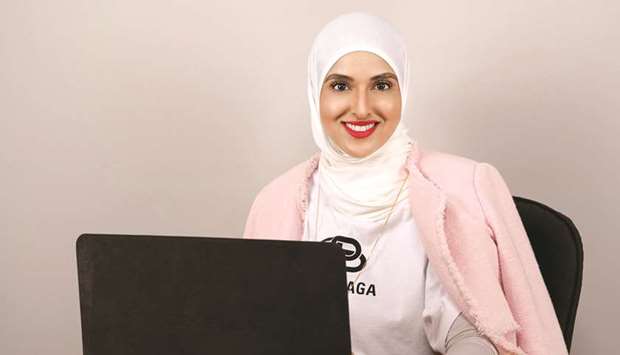We have often heard this saying around us, that one must always forgive others, as feelings of vengeance and hatred only exert extra burden on one. But, what happens when one commits a mistake and shoulders the burden all by himself/herself? Is it possible to forgive yourself? How can you move on from the overwhelming gravity of guilt? What does it mean to forgive oneself? These are the questions that have been pondered upon by the greatest philosophers of history. Luckily, as Muslims, we have guidance laid out to us in the form of the Holy Qur’an and Hadith. Sometimes, there are problems in your life, about which you cannot do anything in that specific period e.g. your close relative is suffering from an incurable disease and there is nothing you can do about it, a close friend of yours commit suicide and you realise that all that time when that person was in agony, you couldn’t pick up a hint that your friend was suffering from extreme depression, and sometimes we commit a sin from which we see no way out and begin to fall into a negative mindset. So, this tragic sense of being is with everyone and the conundrum is to search for the answer on how exactly can you deal with these feelings.
As Muslims, we have been constantly reminded by Allah through Qur’an to repent and to ask for forgiveness, If Allah forgives us after committing grave sins then; we should also be able to forgive ourselves, brush off the doubts, and start a new path.
“Indeed Allah loves those who repent and purify themselves.” (Al Baqarah, Verse 222)
This message has been conveyed directly by our creator to us and signifies the importance of forgiving oneself. You have to dig deep into your mind and ask what is it that won’t let you feel happy or content. Once you start asking the right questions, you are confronting the problem.
Allah says in Surah An-Noor, Verse 31, “…and beg to Allah to forgive you all, O believers, that you may be successful.”
They say Allah gives his hardest battles to his toughest soldiers. Sometimes it’s a test of your faith from Him, you may be given problems that require extra efforts and in doing so you might end up making mistakes that require repentance and forgiveness. That is where you need to turn back to Allah and ask for guidance. Prophet Muhammad (PBUH) also went through a phase where he started to doubt himself and even went through depression because he thought that he had displeased Allah.
Allah addressed the prophet in Surah Ad-Duha, “…by the morning brightness, and the night when it covers with darkness. Your lord has not taken leave of you, nor has he detested you. And the hereafter is better for you than the first [life]. And your Lord is going to give you and you would be satisfied. Did he not find you an orphan and give you a refuge? And found you lost and guided [you]?”
This goes to show how important it is to keep faith in Allah and trust in him completely. We should not forsake ourselves at any point in life.
To move ahead of your current state, no one is better to read than Lao Tzu, a Chinese philosopher. He said, “Knowing others is intelligence, knowing yourself is true wisdom. Mastering others is strength; mastering your self is true power. If you realize that you have enough, you are truly rich”. Wisdom does not appear out of thin air, it can take time and experience and for that, one has to be patient. While being patient; one has to be optimistic as well because without positive vibes everything is rendered bleak. Islam preaches optimism and patience for this very reason. No person ever ascended to the status of the hero without first suffering from the past and then learning from it.
A Chinese philosopher said, “Let things flow naturally forward in whatever way they like”. So, part of forgiving yourself is realizing that you can’t control the external world but only the one inside you. Letting go of the past and accepting the world and fate as it is, is a power very few people have and once this power has been achieved, nothing can distract or create ripples in their world.
* The author is a consultant in Public Relations and Personality Types. Instagram: @Tipsbyhalahill

Hala Bader al-Humaidhi
